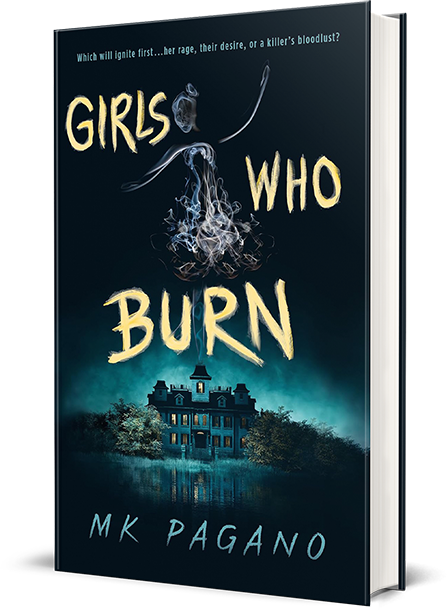Dear Teenage Me

I’ve gotten to the “write your acknowledgments” part of my Debut Author checklist. And …
… after I was done writing down all the usual suspects—agents, editor, critique partners, beta readers, friends, family, spouse—I felt like there was something missing.
And then I figured out what.
And I wrote this:
This book is about a girl who has a fierce love for everyone in her life—except herself. She thinks because she is flawed, because she’s made mistakes, some of them massive, this renders her unlovable.
So firstly, I have to thank past me, that very young girl with all her flaws, for giving me the character of Addie, who is the heart of this story. I wish I could go back in time and tell past me that it is okay; that she is okay, that she can be loved, exactly the way she is. I wish I could ease some of her pain. But I can’t, and so the best I can do is hope that this book, and this message, will reach other young people who need to hear it.*
And only then did my acknowledgments feel complete.
Stephen King said once that we’re all writing for one ideal reader: the person we want to read and love our story more than anyone. I write Young Adult, so obviously whoever this ideal reader was, they were a teen. I started writing YA when I was in my twenties, a time when I didn’t have many actual teens in my life, so I wasn’t entirely sure who this person I was writing for was. It took me a little while to figure it out: I’ve always been writing for my past self.
Of course, that person isn’t around anymore. She’s buried somewhere inside adult me. But she’s the one I’ve had to reach out to, again and again, when writing YA. I’ve had to tap into her fears, her rage, her confusion, her hopes, her desires. I don’t know what it says about me that I’ve never found this all that difficult to do. That all of this is not too far beneath the surface at all. That I haven’t had to dig very deep.
Whatever it is, it’s made writing YA come very naturally to me. But the other side of the coin is how deeply personal this makes my characters, my stories.
I’ve known, in a somewhat abstract way, that becoming a published author meant opening myself up to criticism and critique beyond my trusted circle of writing partners. But now early copies of my book are out in the world with complete strangers reading them. And it’s just hitting me how utterly terrifying this all is.
When people say they don’t like my story, it feels like they’re saying they don’t like me. When they deride my protagonist, it’s like they’re deriding my teenage self. When they insult what she says, how she feels, how she reacts to things—it feels like they’re saying that the way I behaved at that age, how I still behave sometimes, is unacceptable to them. Anytime I hear this, it’s like a blow to the chest. Like it literally takes my breath away.
The first time I read a review talking about how much they don’t like my protagonist, I spiraled for days. What am I doing? I thought. I’m the most sensitive person alive, and I just put all my deepest fears and inner thoughts out in the public eye, for anyone to see—and publicly criticize. Why did I think I could do this, again??
My next thought was: I should’ve written a more agreeable protagonist.
Maybe taking pieces of teenage me and putting them into Addie was a mistake. Maybe making her so angry, so reactive, so indecisive, such a mess, was all too much. Maybe I should have made her nice and sweet and rational and easy to like. A good girl.
And then I remembered that first piece of writing advice: who I was writing for. Past me. Who thought because she was imperfect, she didn’t deserve love.
So if there are people out there who don’t get Addie, who think she’s too angry, too unreasonable, too much of a mess—that’s fine. Addie doesn’t have to please everybody, and neither do I.
All I can hope is that the people who do get Addie—who need her, in all of her angsty messy imperfect glory—find my book, and find a piece of themselves inside of it.
I think the peak of my writing career will come not when I’ve sold a certain amount of books, or hit a list, or any of that. I think it’ll come when I meet or hear from an actual teenager who says to me, “Thank you for writing this book. I needed it.”
That’s how I’ll know I’ve succeeded.
*TBD on if this makes it into the final version of my acknowledgments. But right now, I like it, and so here it is.

